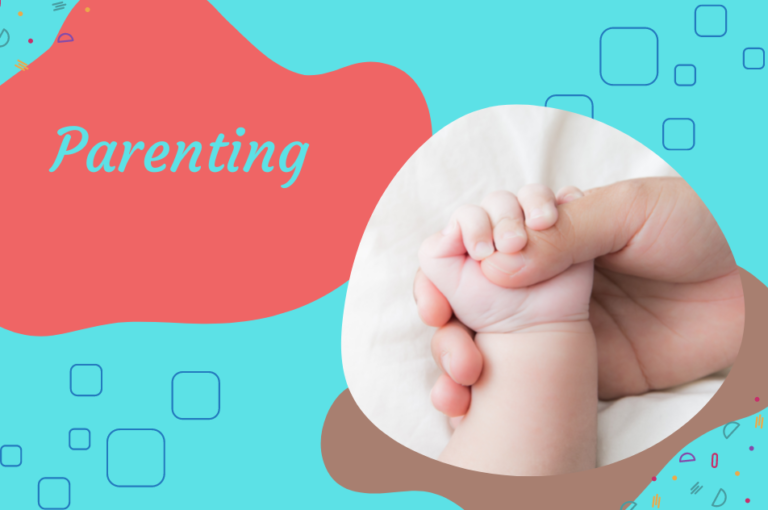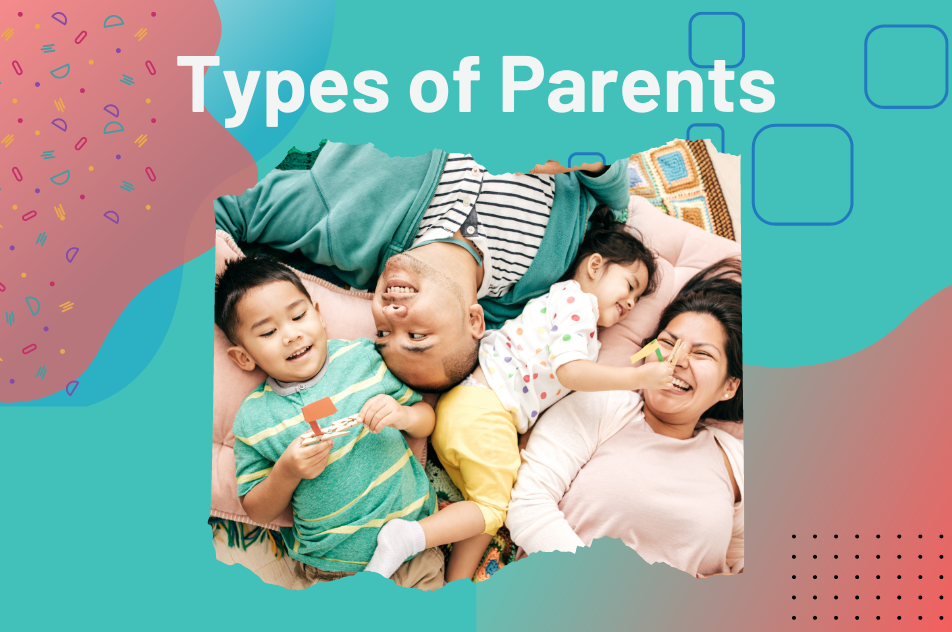5 Parenting Styles and Their Effects on Life
Generally, only four styles of parenting are discussed.
Authoritarian parents are the one who without considering the child’s point of view, controls and demand obedience from their children.
Permissive parents love their children, but they don’t apply any control over their children. There are no rules.
Authoritative parents who are firm but loving. They encourage independence, within limits.
Neglecting parents are not attached with their children and are often not concerned with their own child.
These parenting styles show varieties like controlling, demanding, giving complete freedom and from emotionless and insensitive to loving and open.
Let it be, authoritative, permissive, authoritarian or neglectful parents, they all have their value.

To better understand the parenting styles and what it means to grow up with parents of the four styles from child’s perspective, we will take example of four children by imagining their lives.
Authoritarian Parents
Say, Sara’s parents are Authoritarian. They love her, but they think that,in order to make Sara well behaved and fit into society obeying their rules is important. If Sara cries, she is told to stop crying. If she replies back, she is kept isolated for some time to make her realize that she has done something which is not acceptable. She is not allowed to play with her toys,if she forgets to take care of her belongings. Sara starts presuming that overpowering her emotions and following the rules is the way to live life. Thus, she becomes obedientso that she can get love from her parentsand avoid hurting them by any means. By doing so, Sara begins living a life whichlooks perfect to her parents and society, but would leave her unhappy from inside.Sara was never allowed to express her point of views or to follow her wishes, as an adult, she doesn’t know what she really wanted.


Permissive Parents
Permissive parents, like those of say, Peter, love their little son so much that they believe they should fulfill all his wishes, give him full freedom and never say “No”. Peter enjoys his granted rightsand get whatever he wants. If he doesn’t want to walk, he willnot walk and will be carried. If he wants ice-cream, he gets it. If he wants to play games, he is allowed to play them for the whole day. Peter grows up completely without borders and does whatever he wanted to do. He never faced anystruggle and he did not learn how to deal with ‘No’ and to control his emotions. He always got what he wanted and this habit made him a bad loser in life. As he grows older, he habitually acts selfish and doesn’t know his boundaries.


Authoritative Parents
Arthur’s Authoritative parents respect hisrequirements as a child, but they believe that children shall be given freedom but within certain limit. Arthur can play without any restrictions, but when he is done, he needs to keep the things tidily again. He is allowed to eat ice cream, but only on weekend. He is permitted to watch Screen, but that is limited to 30 minutes a day. There might be conflict sometimes, but the parents listen to what their child says and then they implement the rules. However, they neithersurrender, nor do they apply rewards or punishments. Arthur learns that his parents supported him when he really needed them to get through some difficult things.
He matures with strength to bear hardships and learn to continue following his interests and desire. In school he courageously expresses his views in an appropriate way. He learns to display his emotions and live freely. As any adult he follows rules after he discuss, understand and finds them suitable.


Neglecting Parents
Neglectful parents generally does not connect with their children’s life. Nora often feels like she is alone in her house and world. She experiences full freedom to do anything she wishes and has plenty of imagination, but she never receives any feedback, affection, love or even attention from her parents. Nora starts building her belief that,no one cares about her because it doesn’t matter to anyone whatever good or bad she does.This leads to lack of trust in herself and in others due to lack of attention towards her. She becomes anxiously involved, not able to form a healthy relationship and develops a negative image about herself. This tends her to feel unworthy of love and she stops thinking too much about it and learns to ignore everything.


Over-involved Parents
In recent years, the 5th style of parenting is discovered, the ‘over-involved parents’. The parents, who are present in every aspect of their child’s life, are often referred to as the above 5th style. These parents are sometimes called as the ‘Snow Plows’, who remove the hurdles out of their child’s path, or they are also sometimes referred as ‘Helicopter’ parents, who always hover about their children and micro-manage every part of their child’s life. Since they don’t encourage their children do things by themselves, children never learn to face and overcome the challenges coming in their life.


Conclusion
Research concludes that, children with such parents don’t dare to solve difficult problems;they lack determination and may often procrastinate their jobs when that work requires a lot of effort. Since most of the researches on parenting are based on self-reports and were done mainly in the US and Europe. It is difficult to say how the observed behaviors will prove when experimented in other parts of the world.
The parenting styles were firstly introduced by the Psychologist Diana Baumrind in 1960s. For practicing good parenting she advised “balance of demandingness and responsiveness”. Further, add to this the wise words of Maria Montessori “Never help a child with a task at which he feels he can succeed.” and parents should probably do pretty well.
What do you think? What parents shall do? Shall they restrict themselves to a specific style of parenting or they may decide based on the situation which style best suites them at that time. Any style of parenting will be acceptable as long as they don’t neglect or abuse their child.
Frequently Asked Questions (FAQs)
What are parenting styles?
Parenting styles are the strategies and approaches that parents use to raise their children, encompassing attitudes, behaviors, and disciplinary methods.
How many main parenting styles are there?
There are generally four main parenting styles: authoritative, authoritarian, permissive, and uninvolved/neglectful.
What is the authoritative parenting style?
Authoritative parents are warm and nurturing while also setting clear boundaries. They encourage independence, use reasoning for discipline, and value open communication with their children.
What characterizes the authoritarian parenting style?
Authoritarian parents are strict and demanding, focusing on obedience and discipline. They expect unquestioning compliance from their children and may use punishment without much explanation.
What defines the permissive parenting style?
Permissive parents are lenient and indulgent, often giving in to their children’s desires and avoiding strict discipline. They may prioritize being their child’s friend over setting clear boundaries.
What is the uninvolved/neglectful parenting style?
Uninvolved parents are emotionally distant and disengaged from their children’s lives. They provide minimal guidance, attention, and support.
Which parenting style is considered most effective?
The authoritative parenting style is generally considered the most effective, as it balances warmth and support with clear expectations, fostering independence and self-discipline in children.
How do parenting styles influence a child's development?
Parenting styles can significantly impact a child’s emotional, social, and cognitive development. The parenting approach affects self-esteem, behavior, academic performance, and relationship skills.
Can parenting styles change over time?
Yes, parenting styles can change over time based on various factors, such as the child’s age, life circumstances, and the parents’ experiences and knowledge.
What if both parents have different parenting styles?
When parents have different parenting styles, it can lead to confusion for the child. It is essential for parents to communicate, understand each other’s perspectives, and find a middle ground to provide consistent and cohesive parenting.
Read related blog

Types of Parents
Parenthood is a unique journey that brings joy, challenges, and immense responsibility. In this article, we delve into the significant role of an adoptive father and the diverse landscape of parenting. We will explore the various types of parents, including single parents, custodial parents, and non-custodial parents, shedding light on their distinctive experiences and contributions to their children’s lives.Being an adoptive father is a rewarding and fulfilling experience.
One Response